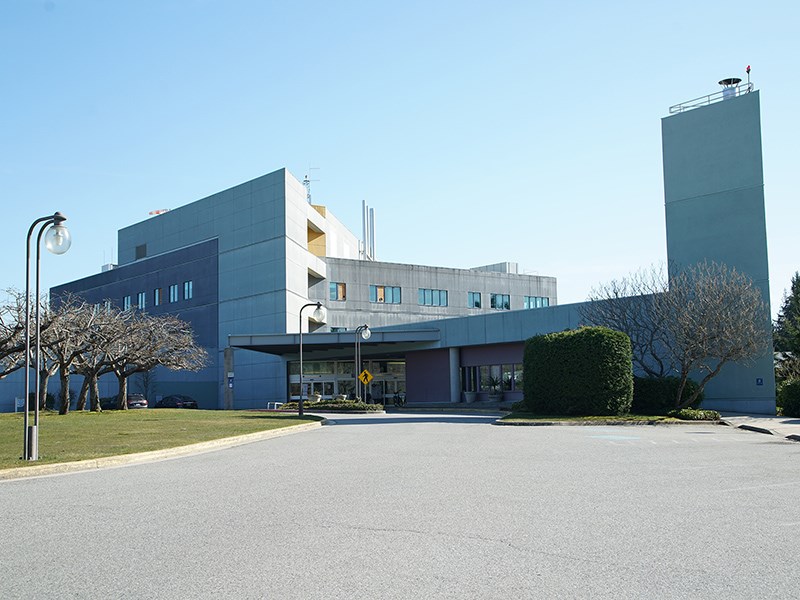Pregnant women and new mothers who use substances can now benefit from added support at 10 hospitals across BC, including in Powell River, through a new provincial pilot program.
The Healthy Care Pregnancy Program (HCPP) pairs a health-care worker with a pregnant woman or new mother to help them navigate through primary care, community care, and acute hospital settings while accessing treatment and recovery services. The program is crucial for women experiencing complex medical, health and social risks as it connects them with housing services, child welfare and family services.
Heather Cameron, executive director of the BC Association of Pregnancy Outreach Programs, said need for this type of program is seen throughout the entire province.
“Often, the population this program is serving is a hidden population, so although it’s easy to see it in epicentres like the Downtown Eastside of Vancouver, it’s not as easily seen in a place like Powell River,” said Cameron. “From research and percentages, we know that it exists, therefore we have to create a program that does physical outreach and in-reach, in order to access this hard-to-reach population. There’s often an assumption that because we can’t see it, it doesn’t exist, which isn’t true.”
Some of the factors that can make this a hidden population is fear of stigma, according to Cameron.
“It’s a huge factor and why people who are pregnant don’t access prenatal care, based on the fact that they have a history, or current use of substances,” said Cameron. “One of our biggest goals is to connect people who are pregnant and using substances to prenatal care before 20 weeks if possible. That is definitely one of the indicators of success for us, because if pregnant women are connected to prenatal care before 20 weeks, it has been shown to improve maternal and infant health outcomes, regardless of substance use.”
Cameron said even if there isn’t a reduction in substance use, if there is a connection with prenatal care, there are improved outcomes.
There is a worker in Powell River to coordinate the program, a registered midwife, which is unique in the pilot program. In the rest of the province, it’s registered nurses and social workers who are coordinating the program.
Cameron said the worker has taken time away from her midwifery practice to take on this new role.
“She has experience with birthing in marginalized populations and is able to carry out the role very well,” said Cameron.
She said the in-reach worker has connected with other professionals in the community who may serve the same population.
“It’s really about hitting the ground in this program and building a relationship with other providers, so we have this whole community coming together to support the participants of this program,” said Cameron. “Within her role she’s able to accompany to appointments and set up appointments. Given a population that may not have access to telephones and internet, and maybe living in some sort of chaos and experiencing barriers, that extra support is really required for this short window of time that we are supporting people to reach their parenting goals.”
The program has been in place for about eight weeks in Powell River and it will be a 12-month pilot project, where data will be collected from each site.
In terms of outcomes, Cameron said the program will be looking at what success means.
“Mainstream population would want to say success means abstinence and the mothers parenting full time when they leave the hospital,” she said. “We really want to look at what else success looks like. We want to reduce trauma in the birthing experience itself, which can lead to people who are healthier in the future, and maybe have attachment to their babies.
“We also want to look at mother-baby togetherness during the hospital period. Even if mothers aren’t necessarily going home with babies, we still want to improve and talk about attachment. We want to connect people so they are set up to possibly reunify with their infants if they don’t go home with them.”
Making healthier choices in the future is also an important factor, said Cameron.
“We’re hoping that over time, we can impact generations in a positive way,” she added. “Pregnant and newly parenting women who use substances have immense resilience and potential that comes to life in a supportive and trusting environment. Health-care workers with the HCPP provide an invaluable opportunity for participants and their loved ones: they get a second chance at life.”
Women in Powell River wanting to contact the program can phone in-reach worker Elisha Manson at 604.414.4019, or email at elisha@liftcommunityservices.org.



